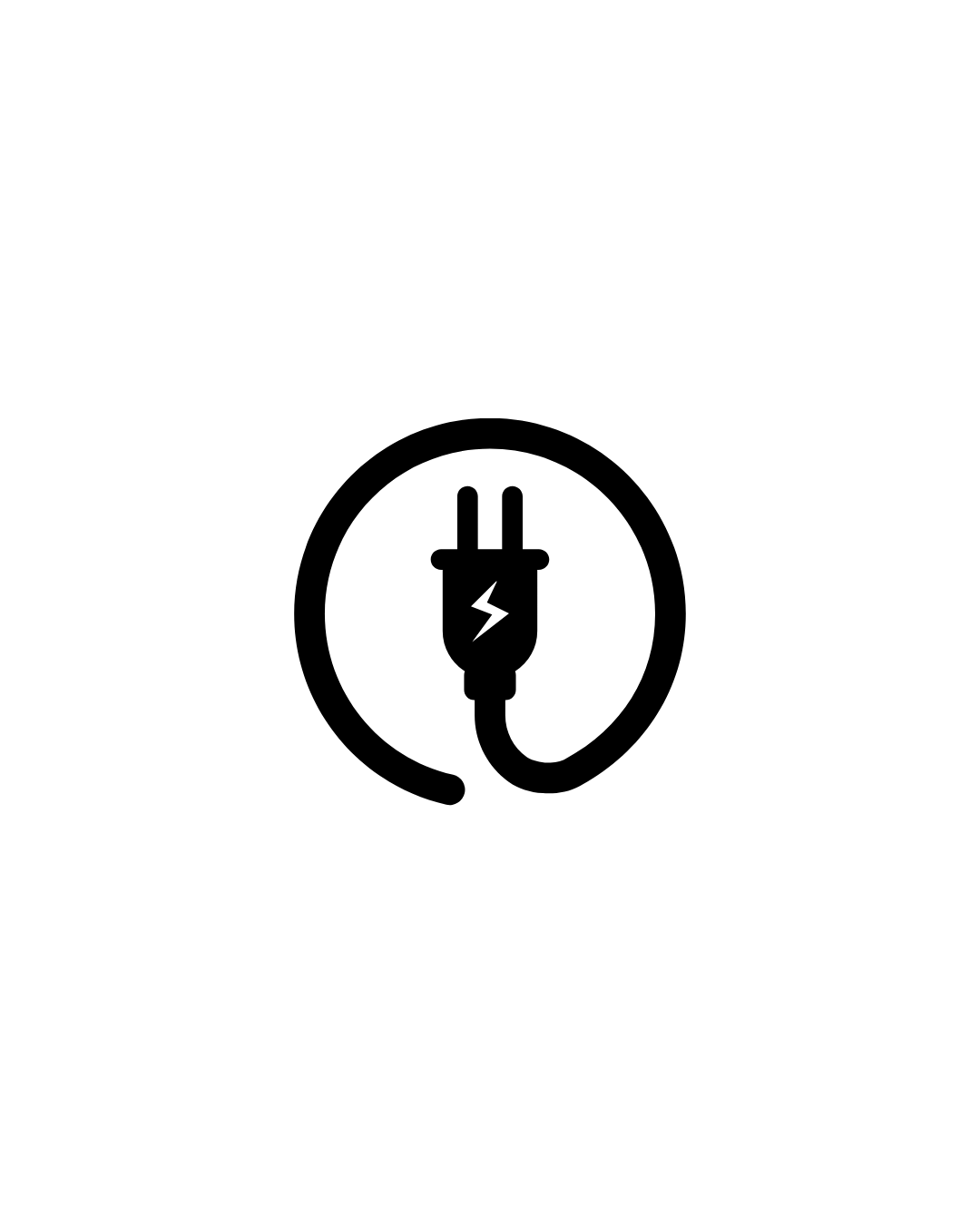Description
A Bachelor of Technology in Electrical and Electronics Engineering (B.Tech in EEE) is an undergraduate program that encompasses both electrical engineering and electronics engineering. This interdisciplinary degree focuses on the study and application of electrical systems, circuits, electronics, and related technologies. The curriculum is designed to equip students with both theoretical knowledge and practical skills needed to excel in the fields of electrical and electronics systems design, development, and maintenance.
Curriculum Overview
The curriculum for a B.Tech in Electrical and Electronics Engineering typically includes a mix of core engineering courses, specialized electives, and practical laboratory work. Here are some common subjects and areas of study in this program:
Engineering Mathematics:
Advanced mathematical tools and techniques including calculus, differential equations, linear algebra, and statistics that are fundamental for engineering analysis.
Circuit Theory:
Fundamentals of electrical circuits, analyzing AC and DC circuits, understanding circuit components like resistors, capacitors, and inductors.
Electromagnetic Fields:
Study of electric and magnetic fields, electromagnetic waves, and their applications in electrical systems.
Analog and Digital Electronics:
Principles and applications of analog devices (e.g., amplifiers, oscillators) and digital circuits (e.g., logic gates, microprocessors).
Signals and Systems:
Analysis of continuous and discrete signal processing, system responses, and techniques for signal transformation.
Control Systems:
Study of feedback control systems, stability analysis, and control strategies for improving system performance.
Electrical Machines:
Understanding the principles and applications of electrical machines, including transformers, motors, and generators.
Power Electronics:
Exploration of devices and circuits used for controlling and converting electrical power in applications such as converters and inverters.
Microcontrollers and Embedded Systems:
Design and programming of microcontrollers and embedded systems for automation and control applications.
Communication Systems:
Basics of analog and digital communication systems, modulation techniques, transmission lines, and noise analysis.
Renewable Energy Technologies:
Overview of renewable energy sources, systems for harnessing energy, and their integration into existing electrical networks.
Computer Networking:
Fundamentals of network concepts, protocol architectures, and the design of data communication networks.
Project Work/Internship:
Practical experience gained through projects or internships that allow students to apply their theoretical knowledge in real-world engineering settings.
Career Opportunities
Graduates with a B.Tech in Electrical and Electronics Engineering have diverse career opportunities across multiple industries, including telecommunications, power generation, manufacturing, electronics design, and IT. Some potential job roles include:
Electrical Engineer: Designing and developing electrical systems, components, and products for various applications.
Electronics Engineer: Working on the design and development of electronic circuits and devices, such as consumer electronics and instrumentation.
Control Systems Engineer: Focusing on the design and implementation of control systems for automation in industrial processes.
Power Systems Engineer: Involved in the generation, transmission, and distribution of electric power and power system analysis.
Communication Engineer: Designing and maintaining communication systems and networks, including mobile and satellite communications.
Embedded Systems Engineer: Developing and programming embedded systems and microcontrollers used in consumer electronics and automation.
Renewable Energy Engineer: Working on the design and integration of renewable energy systems, including solar and wind technologies.
Instrumentation Engineer: Specializing in measuring and controlling devices used in industrial processes and automation systems.
Field Service Engineer: Providing technical support, troubleshooting, and maintenance for electrical and electronic equipment in the field.
Research and Development Engineer: Engaging in innovative projects to develop new technologies or improve existing systems in electrical and electronics engineering.
Further Education
Graduates may choose to pursue a Master?s degree in Electrical Engineering, Electronics, or related fields for further specialization and advanced career opportunities. Certifications in specific software tools (like MATLAB, CAD software) or technologies (like PLC programming, IoT) can also enhance job prospects.
If you have any more specific questions about the curriculum, career paths, or other aspects of a Bachelor of Technology in Electrical and Electronics Engineering, feel free to ask!









